留学生教育プログラム(ISEP)
International Student Education Program (ISEP)
What is ISEP?
ISEP, a unique program at Tokyo Gakugei University, caters to overseas students seeking an immersive experience in Japan. Participates engage in an Individual Study project, guided by a supervisory professor, exploring topics ranging from social and cultural issues to arts, education, sciences, and other subjects of student interest. Additionally, ISEP offers a diverse selection of English-language courses (Global Japan Studies) examining various aspects of Japan across academic fields such as pedagogy, humanities, social sciences, natural sciences, arts, and sports. We also offer Japanese language courses for all proficiency levels, from beginners to advanced, enabling students to efficiently improve their language skills. Furthermore, the program provides field study opportunities, including school visits, field trips, and hands-on activities in arts and sports, designed to enrich experiential learning.
We warmly welcome students from our overseas partner universities to join ISEP and explore Japanese society and culture through both on-campus and off-campus activities. The ISEP academic year consists of two semesters: Autumn Semester (October-February) and Spring Semester (April – August), with the option for enrolment in a half-year program.
*For the years 2024, 2025, and 2026, a select number of students participating in ISEP will have the opportunity to receive a monthly scholarship provided by JASSO (Japan Student Service Organization). Nomination for these scholarships will be conducted through the screening of candidates’ application forms.
Showa Kinen Park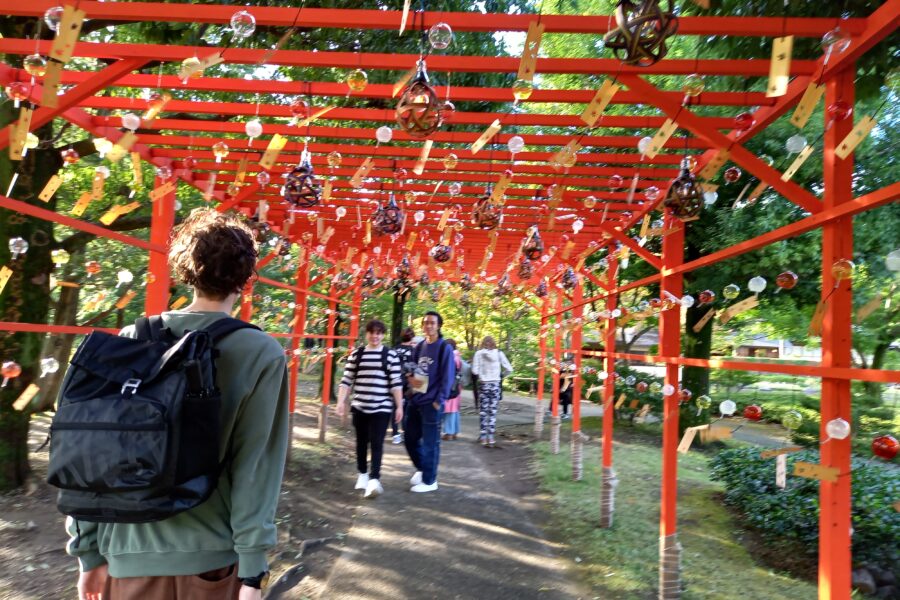
Elementary School Visit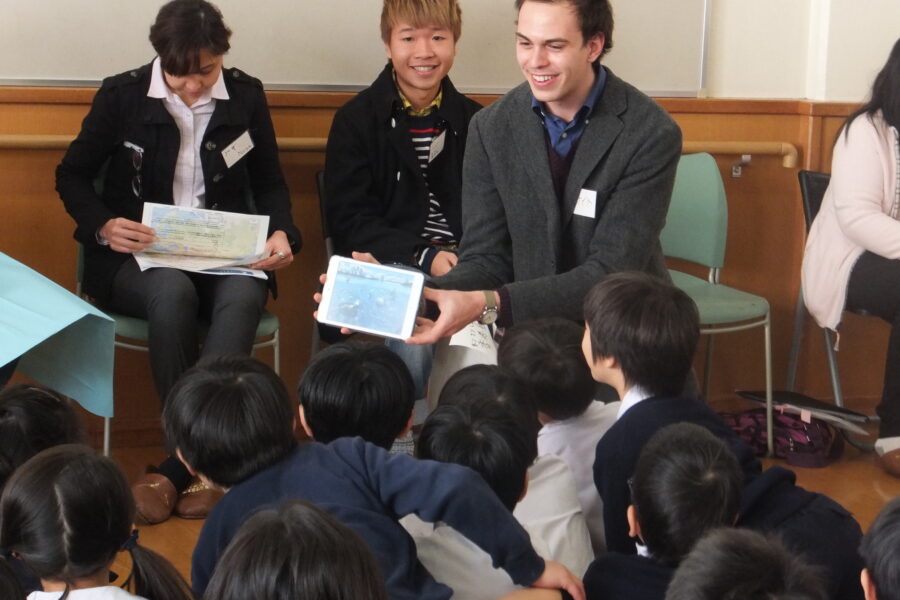
Kabuki Workshop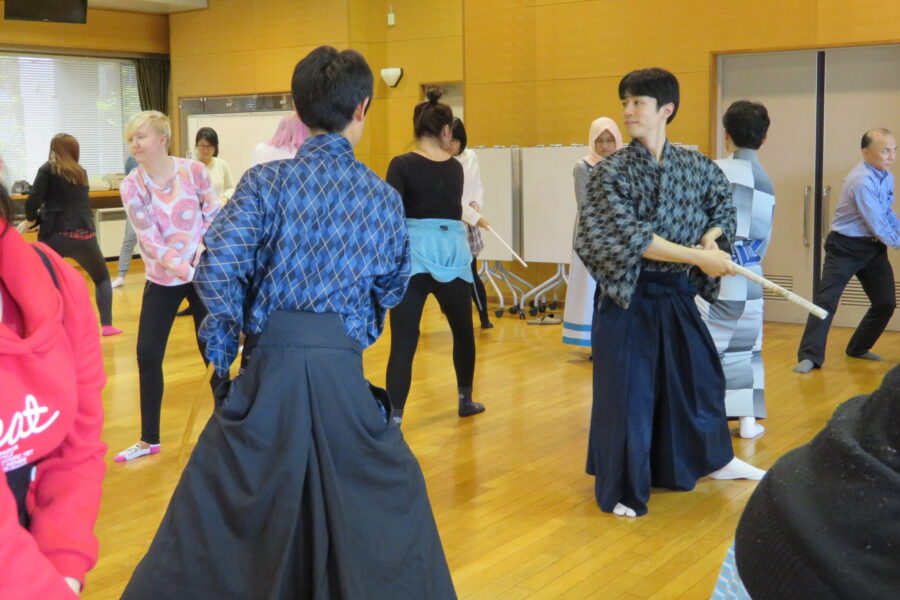
Ukiyo-e Woodblock Print Class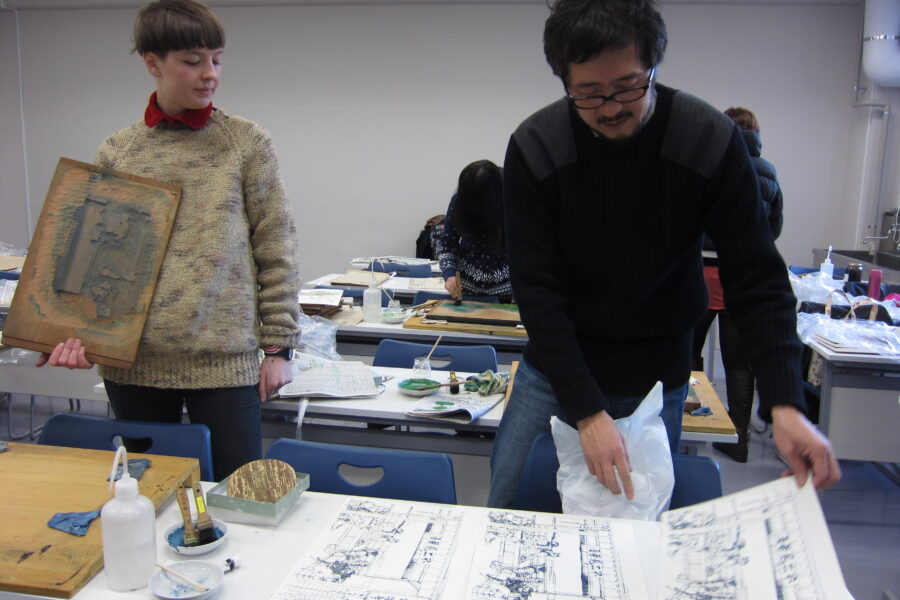
Individual Study
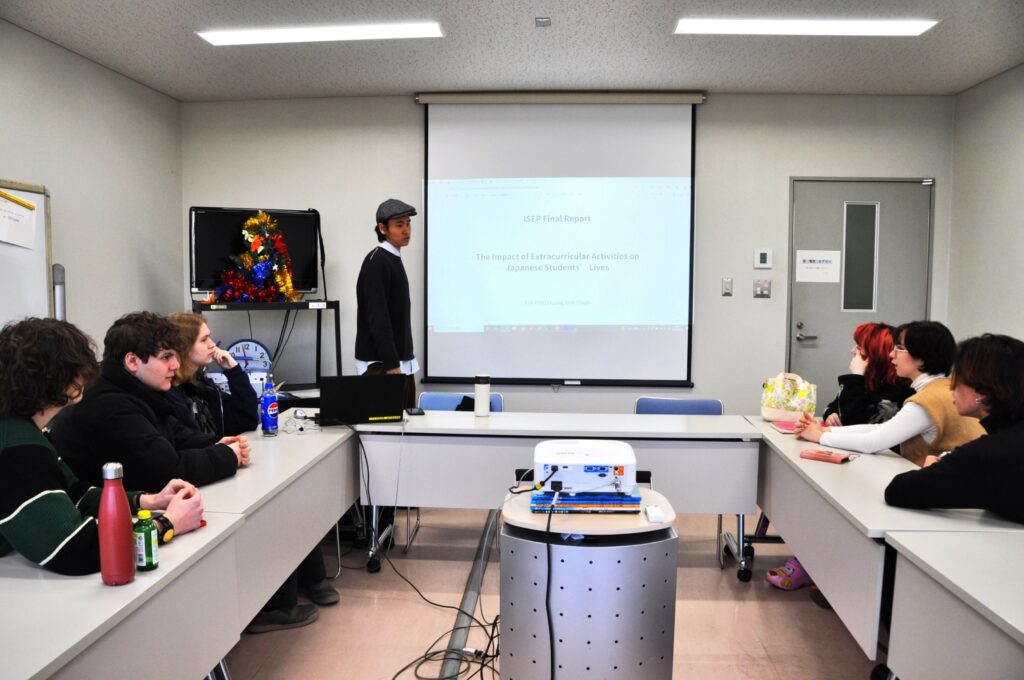
Final Presentation of Individual Study
Individual Study is a mandatory component of the ISEP curriculum. Throughout the academic year, students will undertake their own study projects under the guidance of academic advisors. At the end of the academic year, students are required to submit a paper of approximately 4,000 English words. Alternatively, students specializing in practical academic fields may opt to submit an equivalent form of work, such as a painting. For students enrolled for a single semester, the paper length is reduced to approximately 2,000 words. Upon completion of the projects, students will deliver final presentations to share their findings with their peers and academic staff.
Examples of Previous Individual Study Papers
- The Development of Barrier-Free Tourism and Facility: A Case Study of the Sensoji Area
- Romance in Japan: Love Styles and Attitudes towards Romantic Relationships among Japanese University Women in Tokyo
- High School Students’ Attitudes Towards English Language Education in Japan
- Building Collectivity and Individuality at School: Comparative Study between School Systems in Japan and France
- A Study on the Spread of Haruki Murakami’s Literature in China
- Diluting Nuclear Allergy in Japan: The Conception of Nuclear Power among Japanese Youth after the 3.11 Incident
- Anime Pilgrimage: What Do the Pilgrims Want to Achieve through Travelling to the Sacred Place?
- Comparing Politeness between People from Kanto Region and Kansai Region: A Study on Japanese Speech Patterns and Formality
- Discontinuity of Coral Reef Spacial Distribution from Japan to Taiwan
Requirements
Total 12 credits per semester, allocated as follows:
- Individual Study Project (English) = 1 credit
- ISEP Seminar (English) = 2 credits
- Other = 9 credits or more
Japanese Language Courses
Global Japan Studies Courses (English)
Japanese Studies Courses (Japanese)
Multicultural Co-learning Courses (Japanese)
Undergraduate courses offered for regular students (Tokyo Gakugei University Syllabus Search Portal)
How to Count Course Credits?
- Global Japan Studies Courses = 2 credits (some courses count as 1 credit)
- Japanese Language Courses = 1 credit per class
- Japanese Studies Courses (Nihon Rikai Kamoku) = 2credits
- Multicultural Co-learning Courses (Tabunka Kyōshū Kamoku) = 2 credits
- Undergraduate courses for regular students = 1 or 2 credits
